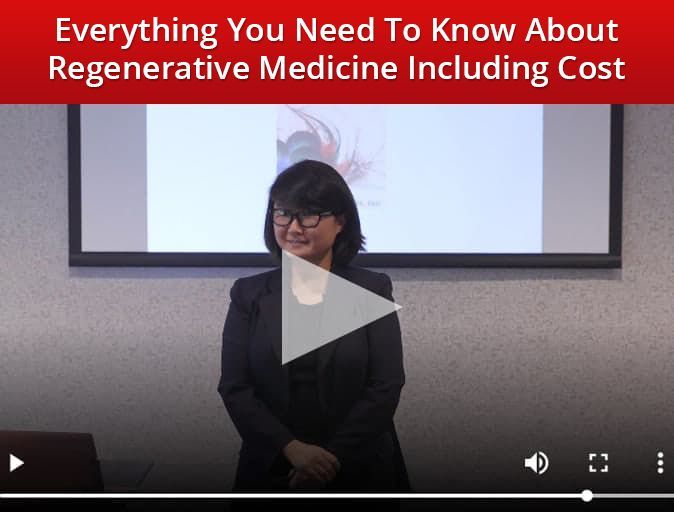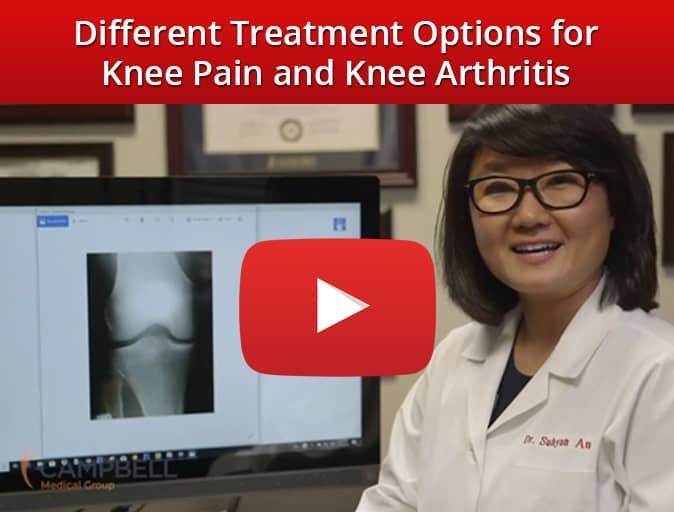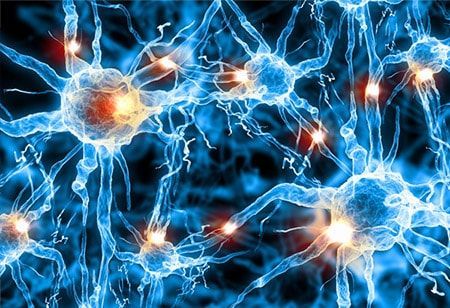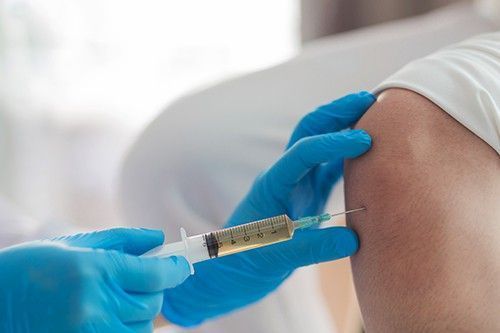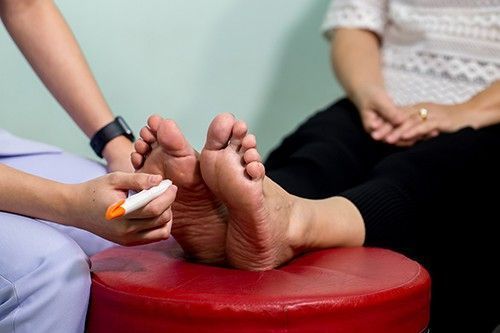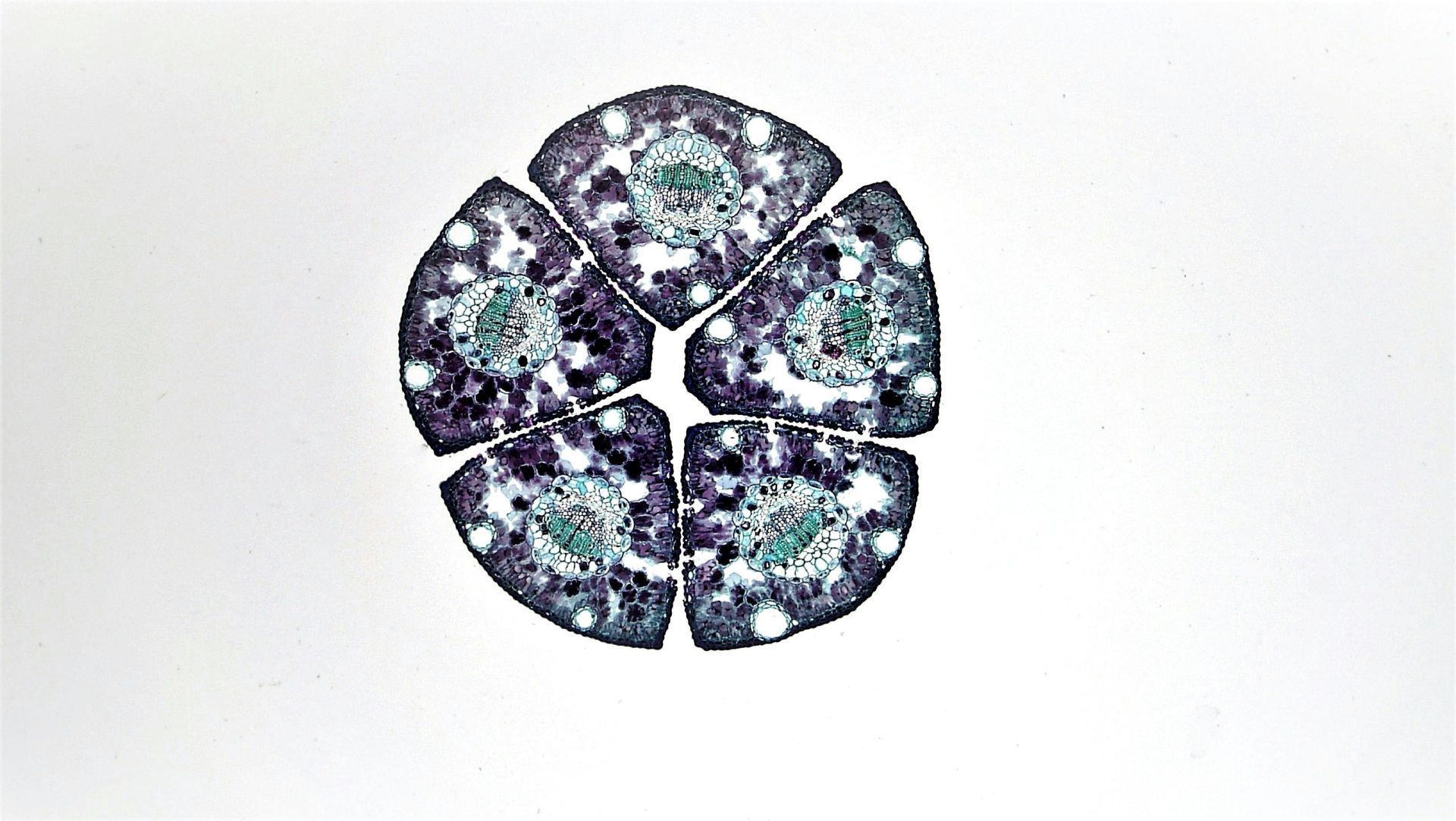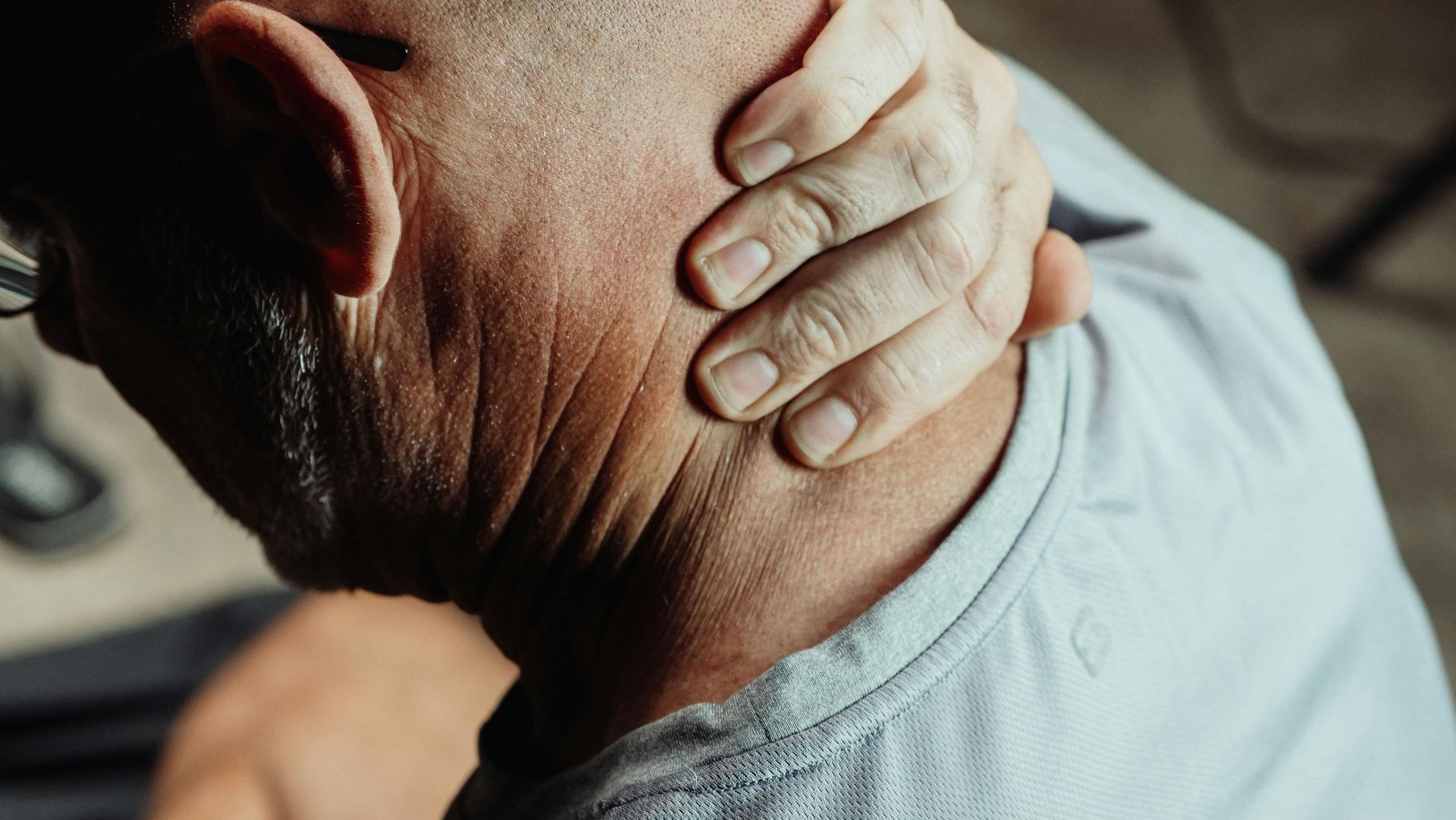
Reviving Your Knees: How Regenerative Medicine Offers Hope for Knee Pain Relief
Knee pain can significantly impact our daily lives, making simple tasks like walking or climbing stairs challenging and painful. While traditional treatments such as pain medications, physical therapy, and surgery have been commonly used to manage knee pain, a new ray of hope has emerged: regenerative medicine.
Regenerative Medicine: A Game-Changer for Knee Pain Relief
- Regenerative medicine focuses on harnessing the body’s natural healing abilities to repair and regenerate damaged tissues. It offers a range of innovative techniques that promote tissue regeneration, reduce inflammation, and alleviate pain. Here are the key regenerative medicine approaches that are transforming knee pain relief:
- Platelet-Rich Plasma (PRP) Therapy:
- Platelet-rich plasma therapy involves extracting a small amount of the patient’s blood, processing it to concentrate the platelets, and injecting the platelet-rich plasma back into the affected knee joint. Platelets contain growth factors that stimulate tissue repair and regeneration, promoting healing and reducing pain. PRP therapy has shown promising results in reducing knee pain and improving function, particularly in cases of osteoarthritis and ligament injuries.
- Cell Therapy:
- Cell therapy is another revolutionary regenerative medicine approach that holds great promise for knee pain relief. Cells have the remarkable ability to differentiate into different cell types and promote tissue repair. In cell therapy, the cells are either obtained from the patient’s own body (autologous) or from donor sources (allogeneic) and then injected into the knee joint. These cells can aid in the regeneration of damaged cartilage, ligaments, and other tissues, potentially reducing pain and improving knee function.
- Viscosupplementation:
- Viscosupplementation involves injecting hyaluronic acid, a naturally occurring lubricant found in healthy joints, into the knee joint. Hyaluronic acid acts as a cushion and lubricant, reducing friction and pain in the joint. This technique is particularly beneficial for individuals with knee osteoarthritis, as it can improve joint mobility and alleviate discomfort.
The Advantages of Regenerative Medicine for Knees
- Targeted Treatment: Unlike traditional approaches that often focus on symptom management, regenerative medicine targets the underlying cause of knee pain. By promoting tissue regeneration and repair, it aims to restore normal joint function and alleviate pain in a more sustainable manner.
- Non-Invasive or Minimally Invasive: Many regenerative medicine techniques are non-invasive or minimally invasive, meaning they do not require extensive surgical procedures. This results in reduced risks, shorter recovery times, and minimal scarring for patients.
- Long-Term Relief: Regenerative medicine offers the potential for long-term pain relief and improved knee function. By stimulating tissue regeneration, it addresses the root cause of knee pain and aims to provide lasting results rather than temporary symptomatic relief.
- Faster Recovery: Compared to traditional surgical interventions, regenerative medicine treatments typically have shorter recovery periods. Patients can experience quicker healing and return to their daily activities with reduced downtime.
- Customized and Personalized Approach: Regenerative medicine treatments can be tailored to individual patients’ needs. The techniques and therapies can be adjusted based on the severity of the knee condition, the patient’s overall health, and specific goals for pain relief and functional improvement.
- Hope for Inoperable Cases: In some cases where surgery is not a viable option due to various factors, regenerative medicine offers hope. It provides a non-surgical alternative for individuals who may have limited treatment options or are not suitable candidates for invasive procedures.
If you are experiencing knee pain and want to find out more information about the benefits of regenerative medicine, contact Campbell Health Center today at (832) 402-6911.
May we invite you to join us for a
Complimentary Consultation?
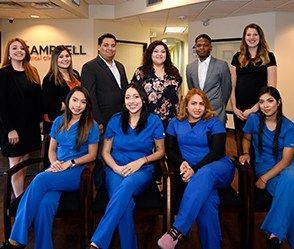
"Here at Campbell Health Center, we are dedicated to helping you get out of pain and get back to feeling great again.
Call us and tell us about your health issues and set up a consultation to discuss the treatment that will best get you back to optimum health.
We promise to sit down with you, face to face, and be attentive, present, focused and actually listen."
Campbell Health Center
Call us now at
(832) 243-7713
Advanced Pain
Management Articles


